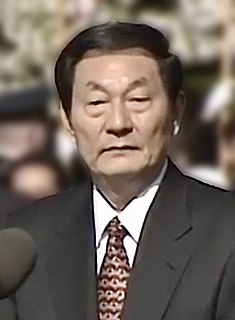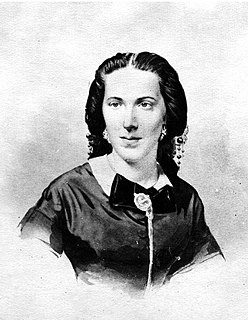A Quote by Zhu Rongji
Abraham Lincoln, in order to maintain the unity of the United Statesresorted to the use of force.so, I think Abraham Lincoln, president, is a model, is an example.
Related Quotes
I think that when you look at the great politicians, the two greatest in my view were George Washington and Abraham Lincoln, they certainly had character traits. You also know Abraham Lincoln overcame severe depression problems that he had when he was younger, which gave him the strength and the character later on.
Until the early 90s, when I was working on a project about the idea of free will in American philosophy. I knew that Lincoln had had something to say about "necessity" and "fatalism," and so I began writing him into the book. In fact, Lincoln took over. I wrote instead 'Abraham Lincoln: Redeemer President,' in 1999, and I've splitting rails with Mr. Lincoln ever since. If there's a twelve-step process for this somewhere, I haven't found it yet.
I don't know that there has ever been a time when Abraham Lincoln didn't stand head-and-shoulders above all other presidents in the historians' eye. But relatively speaking, there have been peaks and a troughs. One peak was in the 1910s-20s; a major trough was in the 1970s-80s. We are certainly on a peak again, something which began in 1994 with Michael Burlingame's 'The Inner World of Abraham Lincoln,' which showed in fabulous detail how many new and untapped sources were available on Lincoln.
I assume, gladly, that in the allocation to America of remarkable leaders like Thomas Jefferson, George Washington, and Abraham Lincoln, the Lord was just as careful. After all, if you've got only one Abraham Lincoln, you'd better put him in that point in history when he's most needed-much as some of us might like to have him now.
I am asked often about Abraham Lincoln's mistakes and faults; he certainly made some mistakes. I have chapter in President Lincoln about the Powhatan affair that was a royal screw-up in the early days - right alongside the Sumter affair. Lincoln signed letters he should not signed, and the ship was sent to two places at one under two captains etc. Fortunately, no great harm. Lincoln took the blame and did not do anything like that again.
Abraham Lincoln comes from nothing, has no education, no money, lives in the middle of nowhere on the frontier. And despite the fact that he suffers one tragedy and one setback after another, through sheer force of will, he becomes something extraordinary: not only the president but the person who almost single-handedly united the country.








































